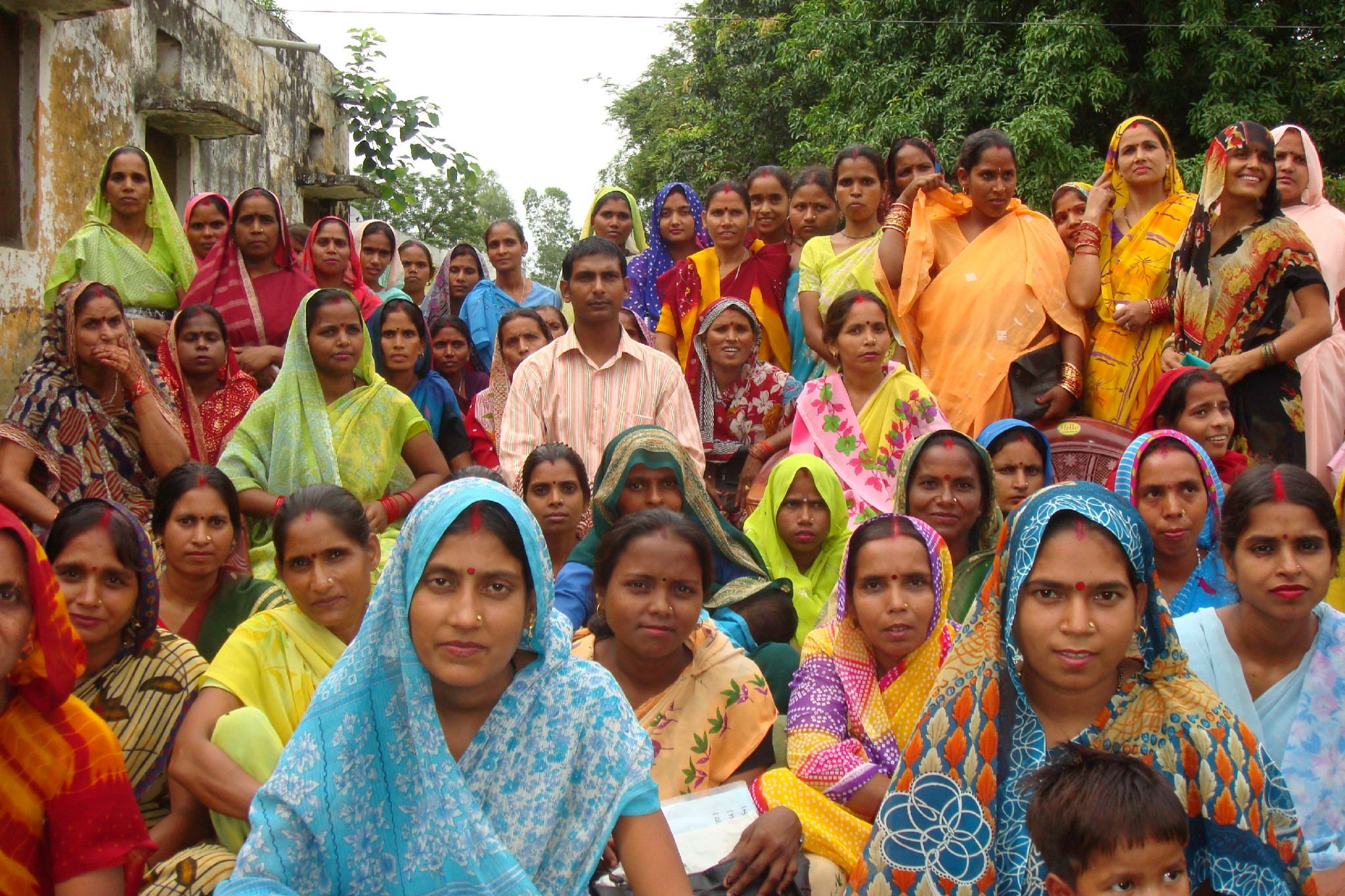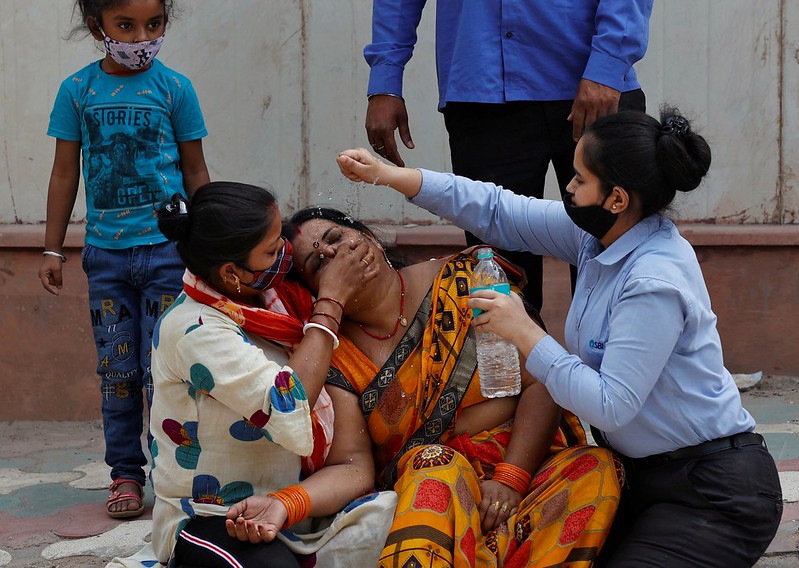With the fastest growing mobile industry in the world and 16.6 million new rural mobile phone customers per month, India continues its battle against maternal and infant mortality.
India’s most populated state, Uttar Pradesh (UP), has among the highest maternal and infant mortality rates in the country. In rural UP, village level health workers called Accredited Social Health Activists (ASHAs) work with struggling communities to help improve maternal health and infant survival.
The Knowledge for Health (K4Health) project at the Johns Hopkins Bloomberg School of Public Health Center for Communication Programs (CCP) conducted a qualitative study on the health information needs and barriers of ASHAs to better understand how to provide need specific information that would be relevant and actionable.
The health workers often serve as the first line of contact in the health system and the study found that widespread ownership of mobile phones among ASHAs has created an opportunity to improve rural health care through mHealth. The study found that the ASHAs information needs are practical, diverse and change from day to day. ASHAs also require timely information that is packaged in a simple and concise format. The phones can serve as a convenient channel to provide ASHAs with information that can help solve immediate problems and provide answers on diverse topics.
“Is mHealth a silver bullet to improve maternal and child health in rural Uttar Pradesh, India? Results of a health information needs assessment” is included in a volume titled “Seamlessly Mobile” that Routledge published as part of its Cyber Media Series in early 2013. Five criteria for useful information for ASHAs emerged from their in-depth interviews: language, timeliness, simplicity, amount of information, and accessibility. The authors suggest that mHealth is a novel way to reach ASHAs in remote areas and it provides them with a tool to improve interactions with the community and to promote maternal and infant health when and where it is most needed. However, to be successful mHealth interventions must be designed to meet the specific needs of ASHAs.




